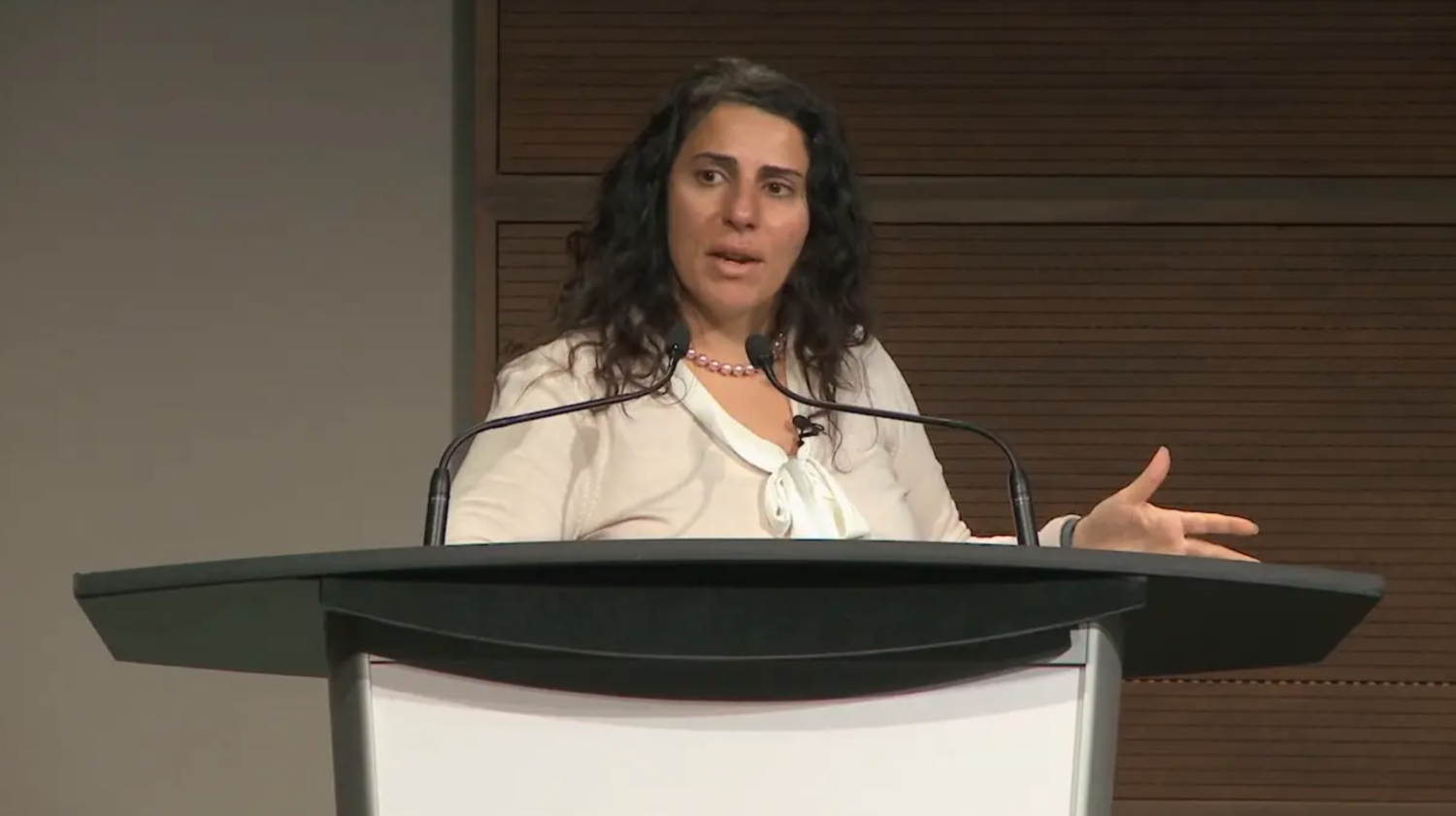
Reimagining post-pandemic care
About This Collection
The pandemic has massively strained our systems of care. What solutions are creatively transforming family care, home care, and seniors’ lifestyles for a post-pandemic world? What can the social services world learn from the world of health and vice versa? And most importantly, what kind of a caring society do we want post-pandemic? Read these stories to complement the Future of Good Summit plenary on reimagining care.
How the pandemic has accelerated healthcare innovation
Healthcare has fundamentally changed in the wake of COVID-19, with many providers reaching up to 90 percent virtual encounters. But adapting to virtual service delivery is only one of the many important ways healthcare innovation — which has historically been sluggish — has accelerated during this time.
Family and child services on reserves are severely underfunded. Here's what you can do about it.
Social services on First Nations reserves are “severely underfunded” by the federal government, says First Nations human rights activist Cindy Blackstock, which puts Canada behind on achieving the UN Sustainable Development Goals by 2030. The problem requires Canadians to pay attention, and to advocate for a more just, inclusive future. This is the first story in our partnership with the Waterloo Global Science Initiative (WGSI) in the upcoming Together|Ensemble conference.
7 digital tools to support your mental health during COVID-19
In pre-pandemic society, one in five people in Canada personally experienced a mental health problem or illness. Today, many in the social impact world face increased stress levels while also being cut off from their usual sources of support, like in-person therapy or coaching. Digital solutions are more needed now than ever.
Why women will feel the societal impacts of coronavirus more intensely
COVID-19 will have important and lasting effects on society — that means women will feel the worst of it, economically and socially, from additional caregiving work to increased domestic violence.
The "Silver Economy" Is Coming. Are You Prepared?
Seniors want to age with vitality, health, agency, and dignity. The new “longevity economy” tracks the aging marketplace and sees older consumers with a global spending power that will reach $15 trillion by 2020. Unlocking the massive opportunities will require a new set of problem-solvers, innovations, and capabilities, many of which have yet to be developed in Canadian industry, government, or civil society.
